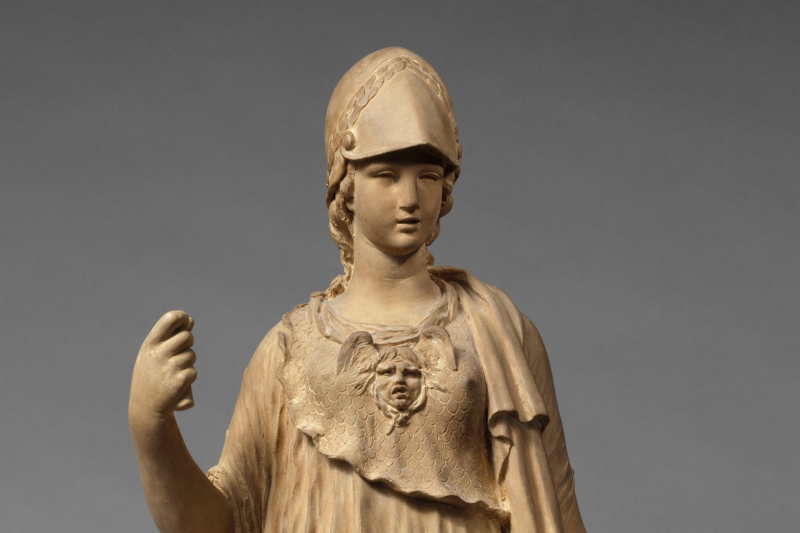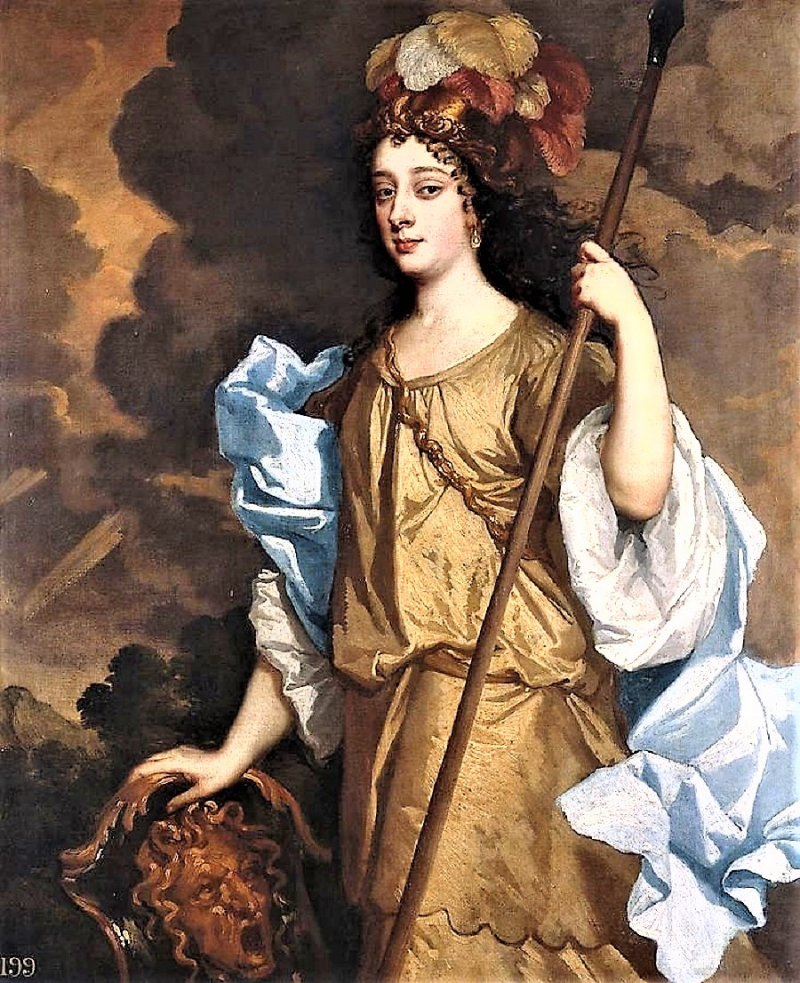Minerva

Minerva is the Roman goddess of wisdom, justice, law, and victory, as well as the patroness of the arts, trade, and strategy. Minerva, unlike Mars, is only associated with defensive warfare. The Romans associated her with the Greek goddess Athena beginning in the second century BC. Minerva, together with Jupiter and Juno, is one of the three Roman deities known as the Capitoline Triad.
She was a virgin goddess of music, poetry, medicine, wisdom, trade, weaving, and crafts. She is typically shown with her holy creature, an owl known as the "owl of Minerva," which symbolized her link with intelligence and understanding, as well as the snake and the olive tree, which are less frequently depicted. Minerva is frequently represented as tall, athletic, and muscular, wearing armor and wielding a spear. She is revered, honored, and respected as the most prominent Roman deity. Marcus Terentius Varro saw her as the personification of ideas and the design for the universe.
Minerva is a well-known character in Roman mythology. She occurs in a number of well-known mythologies. Many of the myths associated with her Greek counterpart Athena are credited to Minerva in Roman mythology, such as the naming of Athens as the outcome of a struggle between Minerva and Neptune in which Minerva created the olive tree.
During the Roman colonization of Britain, it was traditional for carpenters to have equipment adorned with Minerva statues in order to gain more protection from the goddess of crafts. Some women would also have photographs of themselves on hairpins or jewelry. She was even depicted on coffins and signet rings in funerary art.













